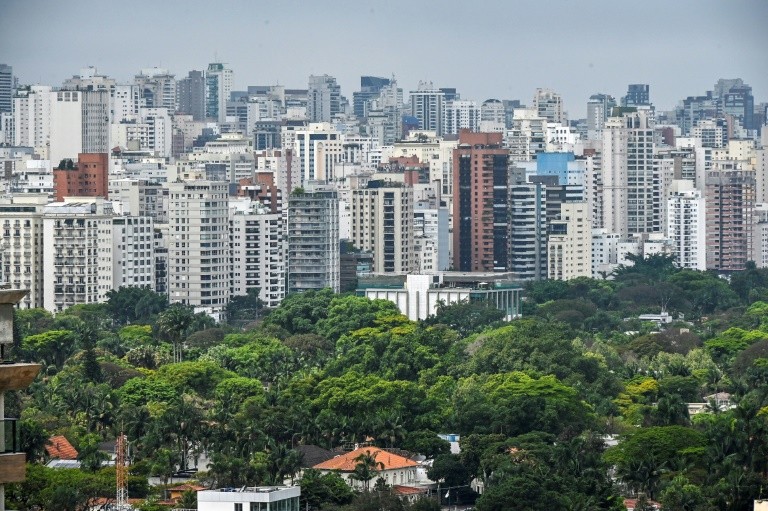
Brazil's largest drug cartel is laundering its unlawful proceedings through fintech companies, crypto, sports-betting platforms, and even public transport contracts, a new report revealed.
An investigation by Brazilian authorities unveiled an alleged scheme linking fintech company 4TBank to the First Capital Command (PCC). Police is accusing the digital bank of laundering hundreds of millions of dollars used for the criminal organization's operations, the financing of political campaigns, and integrating dirty money into legitimate business ventures.
According to São Paulo prosecutors, the PCC, which dominates a key cocaine trafficking corridor to Europe, makes approximately $1 billion annually from drug trafficking alone. Investigators allege that the main laundering source is 4TBank, which calls itself Brazil's first "CryptoBank." Assets worth nearly $1.5 billion linked to the bank and its associates have been frozen as part of the investigation.
The case came to light after a drug bust in São Paulo's uncovered incriminating WhatsApp messages on a suspect's phone.
4TBank's legal representatives deny any connections to the PCC and claim the bank's activities are legitimate. However, investigators claim that the bank funneled money to criminal networks, financed political campaigns, and defrauded investors.
The PCC's influence extends far beyond the fintech sector. Authorities claim the organization has diversified into construction companies, gas stations, luxury properties, and even public transportation. Investigators also discovered that PCC-linked entities were managing private bus companies transporting hundreds of thousands of passengers daily, allegedly to launder drug money while securing lucrative city contracts.
This latest case highlights the PCC's evolution from a prison gang in the 1990s into a multinational criminal enterprise with operations spanning five continents and some 40,000 members. Experts say its decentralized structure complicates law enforcement efforts, allowing members to operate independently and adopt sophisticated financial schemes.
Concerns about lax regulatory oversight in Brazil's booming fintech industry have been amplified by the case. Brazilian authorities, including the Justice Ministry, have pledged to prioritize tackling financial crimes and money laundering as part of a broader strategy to dismantle criminal organizations.
While the PCC's activities have long plagued Brazil, its ability to embed itself in legitimate businesses and politics poses new challenges for governance and security. The ongoing investigation seeks to uncover the full extent of these alleged ties, including any connections to government officials.




